Succeeding academically often comes down to one thing: effective study habits. While everyone’s learning style is different, a few key strategies can make a significant difference in mastering material and performing well on exams.
One of the best methods for efficient studying is designating a place for studying, ideally not a place you like to relax, like your bed. Distractions can be the biggest obstacle to productive studying, so establishing a quiet, organized area for studying can help you focus.
“I like to study at a coffee shop because it limits the number of things I can get distracted by,” says Helena native and senior Communications major and Catholic Studies minor, Kaitlyn Wenzel. “When I’m home, I know that I can do other things, so putting myself in a place where I am solely focused on studying helps me”
Creating an actual schedule for your studying is another way to be as efficient and effective as possible. Cramming the night before a test is rarely effective. Instead, break your workload into manageable chunks over several days. Use a planner or digital tool to schedule study sessions, and stick to the plan.
While pulling all-nighters might seem tempting, sleep is crucial for memory and mental performance. You should aim for seven to nine hours of rest each night, and balance study sessions with regular breaks, exercise, and healthy meals. Getting a good grade may seem like the most important thing in your life, but taking care of yourself is equally important.
“While studying I have come to learn that it is important to find time to do the small things that make a big impact on my mental stability,” said Bella Chalmers, a senior psychology major and theater minor from Happy Valley, Oregon. “Things such as eating a meal or reading a book has always helped me to rest my brain and finish or start a study session on a strong note.”
Not everyone learns the same way, so trying out and perfecting the method that works for your learning style is necessary.
Some thrive on visual aids like diagrams and charts, while others benefit from auditory tools like podcasts or lecture recordings. Experiment with different methods to discover what works best for you.
Building strong study habits is not just about passing tests but also about developing skills that will serve you throughout your life. As the spring semester ramps up, take time to evaluate your current study strategies and consider adopting some of these proven tips.













